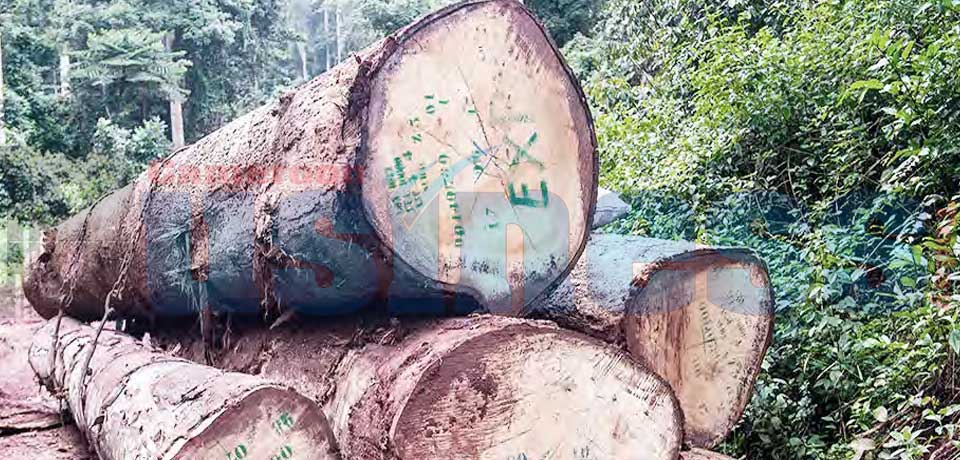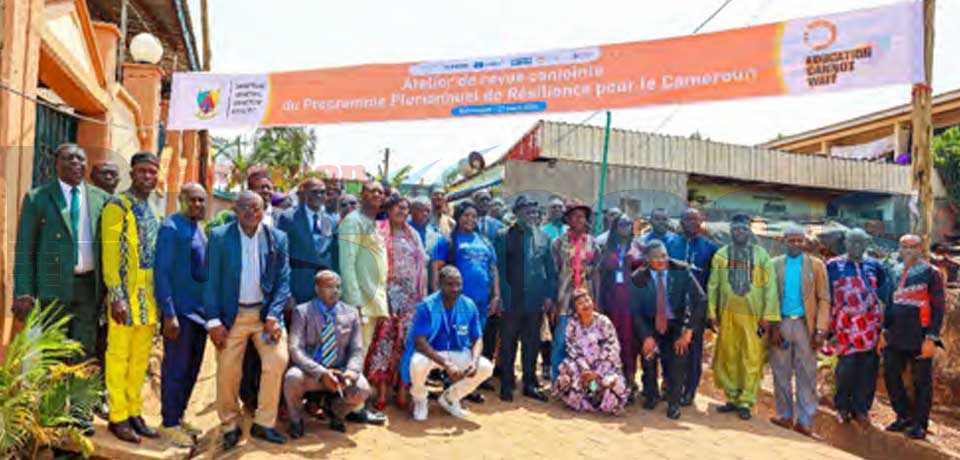Statistics from the World Trade Organisation (WTO) indicate that 2018 and 2019 are years of overall good tidings for merchandise trade activities around the world. However, pegging their optimism on robust global growth and governments pursuing appropriate monetary, fiscal and trade policies, the report is suggesting that countries which want to take advantage of the situation must have to strengthen their approach to market-oriented concerns. This begs the question if African nations that have often depended on direct foreign investments and other external support are capable of equally improving their wellbeing thanks to the positive global trade trends? Of course, the answer cannot be a simple yes or no given the intricacies involved in ensuring economic resilience. Looking at the 2017 data, WTO analysts have pointed out that merchandise volume in 2018 increased by 4.4 per cent and although “growth is expected to moderate to 4.0 per cent in 2019, below the average rate of 4.8 per cent since the 1990,” it is still firmly above the post-crisis average of 3.0 per cent. While international business actors may be keenly watching trade tensions among major countries and the consequences on global economies, other nations have to keep diversifying their economies to cope with any unexpected changes to commercial activities. Since any positive prospects in merchandise trade mean more jobs and continued economic growth, common sense warrants that any decision that can help, especially African countries to make good use of the advantages that the growth would engender is welcome. This certainly explains why the WTO Director-General, Roberto Azevêdo pointed out recently after their report that; “The pressing trade problems confronting WTO members are best tackled through collective action. I urge governments to show restraint and settle their differences through dialogue and serious engagement,» Azevêdo insisted. Apart from calling countries to develop practical mechanisms to tackle differences that could hamper the movement of goods and services across countries, there is also concern about African countries which need to produce more, especially export products that could bring in the much-needed foreign currency. The policy and/or practice of depending on raw material for export has, in most cases, proven to be short-term advantages that do not always serve the huge number of poor people visible in their communities. While there...
- Fil Eco
- Enquête de la semaine
-
Marchés & FINANCES
-
Marchés
-
Finances
-
-
Cahiers de l'entreprise
-
Catégories
-
-
-
-
-
- Made in Cameroon
- Débats et analyses
- World Business
















Commentaires